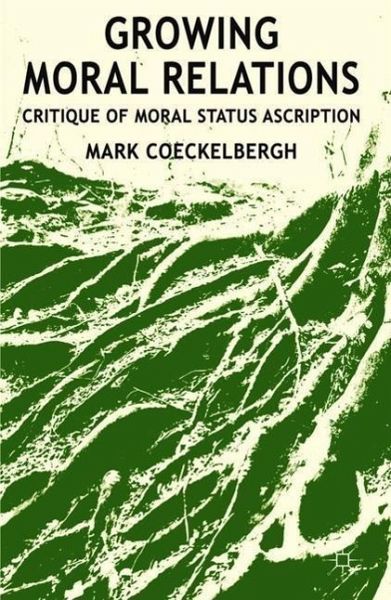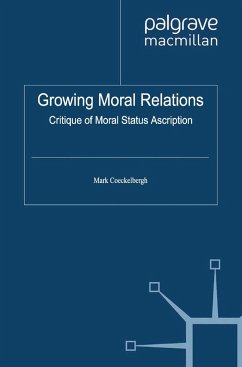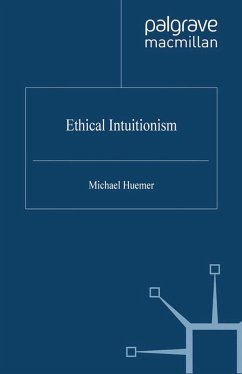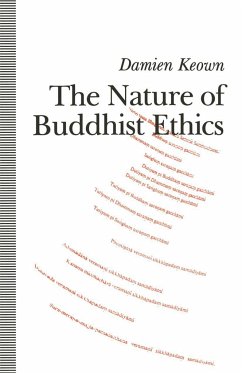
Growing Moral Relations
Critique of Moral Status Ascription
Versandkostenfrei!
Versandfertig in 6-10 Tagen
38,99 €
inkl. MwSt.
Weitere Ausgaben:

PAYBACK Punkte
19 °P sammeln!
New scientific and technological developments challenge us to reconsider our moral world order. This book offers an original philosophical approach to this issue: it makes a distinctive contribution to the development of a relational approach to moral status by re-defining the problem in a social and phenomenological way.














